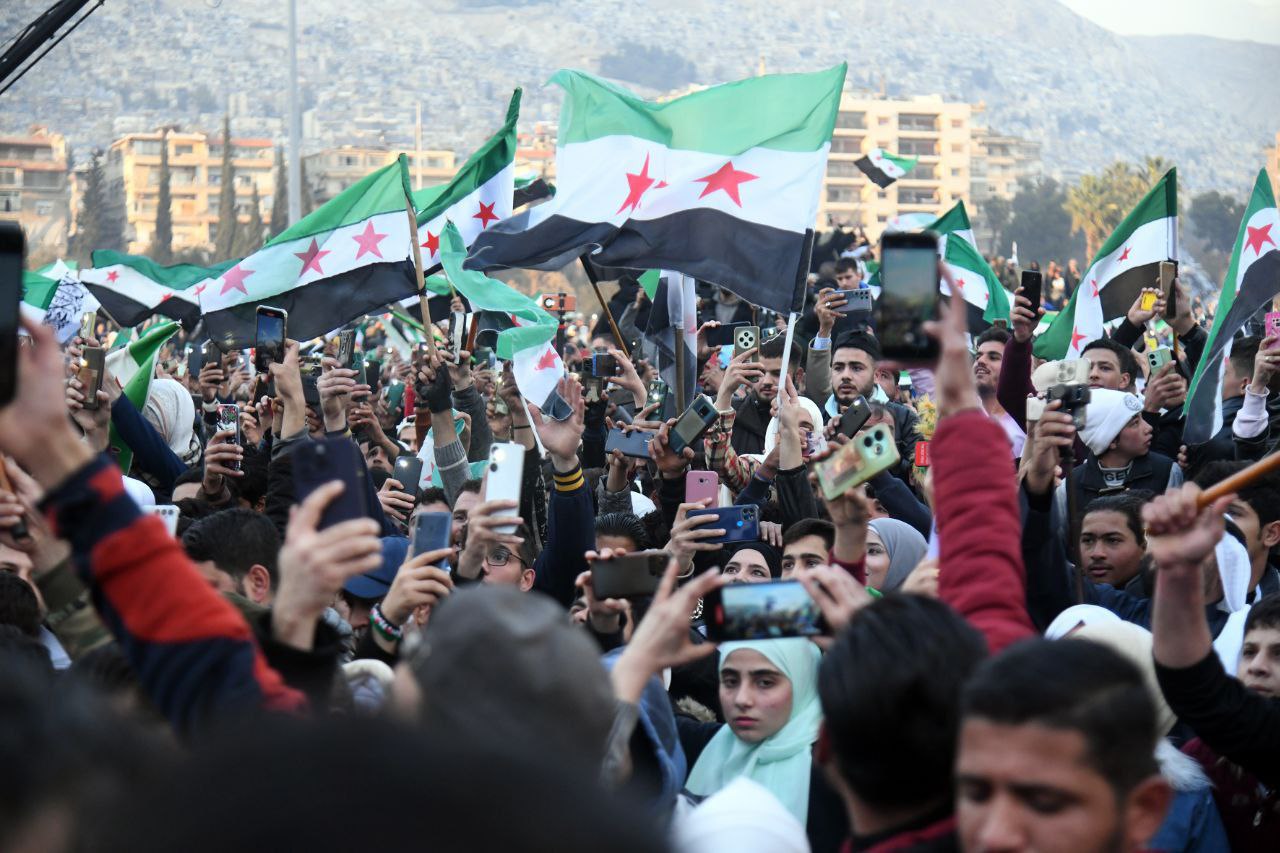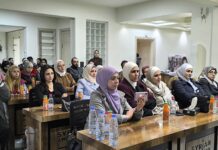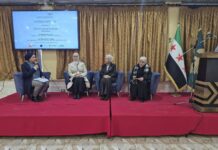
In the wake of Syria’s liberation, women’s rights and participation in society have emerged as critical issues in shaping the nation’s future. Statements from key figures in the Syrian Transitional Government (STG) and recent debates on the role of women highlight a complex dialogue over equality, tradition, and progress.
Syrian Foreign Minister Asaad Hassan al-Shaibani affirmed the government’s commitment to women’s rights, emphasizing their vital role in rebuilding the country. “We believe in the active role of Syrian women in society and trust their abilities and skills. We will stand by women’s causes and fully support their rights,” Al-Shaibani said in a statement posted on the social media platform X.
“The Syrian woman has struggled for many years for a free homeland in which her dignity and status are preserved,” he added. “We will work to stand by women’s issues and support their full rights.”
A Controversial Vision
While Al-Shaibani’s statements were widely praised, comments made by Aisha Al-Debs, head of the Women’s Affairs Office (WAO) in the caretaker government, sparked intense controversy. During an interview with the Turkish broadcaster TRT, Al-Debs said the new administration would develop a model for women’s rights based on Islamic law, rejecting secular or imported frameworks.
“We will not adopt ready-made or imported models, but we will create a special model that suits our traditions and civilization,” Al-Debs said. She also criticized foreign-funded initiatives, claiming that training programs by international organizations had harmed Syrian society by increasing divorce rates. Her remarks prompted a backlash on social media and among Syrian activists, who accused her of disregarding the contributions of women during the revolution and war.
Public Reactions & Criticism
Critics argued that Al-Debs’ vision undermines the sacrifices made by Syrian women and fails to address their immediate needs. “The lady talks about the ‘Syrian woman’ as if it were a personal discovery for her, and she wants to start with her from scratch,” one commentator wrote on X. Others highlighted the role of women as leaders, activists, and professionals during the conflict, emphasizing that these achievements cannot be overlooked.
Journalist Rula Haidar criticized Al-Debs for focusing on long-term frameworks while neglecting urgent issues. “Have you counted the number of released female detainees and checked on their daily, psychological, health, and social needs after their release?” she asked.
Some also questioned Al-Debs’ qualifications, calling for greater inclusivity in appointing officials to address women’s rights in a diverse society like Syria.
In response to the criticism, Al-Debs took to X to defend her position, emphasizing the need for a model rooted in Syria’s unique traditions and history. “Our mission is to create a unique model for a proactive, constructive, and giving Syrian woman. With our freedom, we will erase decades of injustice, oppression, and marginalization,” she wrote.
She called for unity among Syrian women, urging them to work together to overcome challenges and contribute to the nation’s rebuilding. “The mission is not easy, the path is long, and the challenges are great. But with God’s help and grace, we are optimistic and moving forward,” she said.
A Balancing Act
The debate over women’s rights in liberated Syria reflects broader tensions between traditional values and the aspirations of a society striving for a modern sense of equality and progress. While the government pledges to support women’s causes, questions remain about how these commitments will translate into actionable policies that respect both Syria’s heritage and the hard-fought gains of its women. As Syria rebuilds, the role of women will likely remain a cornerstone of national discussions, shaping not only societal norms but also the country’s future identity.








